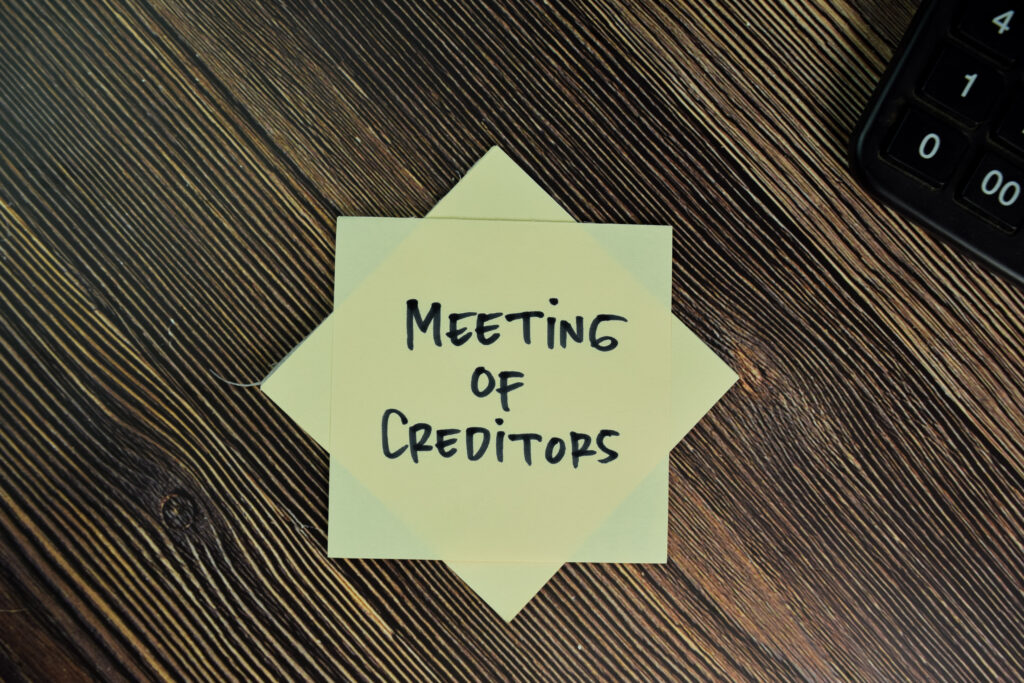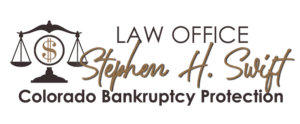
Filing for Chapter 7 bankruptcy can be stressful enough, but then your Colorado bankruptcy lawyer informs you that you must attend something called a “Meeting of Creditors” before your debts can be discharged? That might be enough to make you wonder what you got yourself into. Good news! There is no reason to fear this hearing when you have an experienced bankruptcy attorney by your side.
What is a Meeting of Creditors?
When you file for Chapter 7 bankruptcy, the meeting of creditors is a short court proceeding where the bankruptcy trustee and your creditors can ask you questions about your finances and the information you supplied in your petition while you are under oath. This meeting, which is also known as a 341 hearing, is essential in determining whether the papers you filed are accurate and complete.
Who Will Be at Your Chapter 7 Meeting of Creditors?
Typically, the Chapter 7 bankruptcy trustee will moderate the meeting of creditors, which means there will be no judge present. In fact, most Chapter 7 bankruptcy filers don’t see a judge unless they are facing an objection or reaffirming a debt. In any case, all of your creditors will be invited to attend this meeting but they rarely show up. This is because creditors have a very short period of time in which they will be allowed to ask questions so they don’t benefit much from being there. However, if a creditor has reason to believe you are hiding assets or committing another form of bankruptcy fraud, they may show up to present such evidence.
What Happens at the Meeting of the Creditors?
In most cases, you will only be examined by the bankruptcy trustee, but remember, your meeting of creditors is open to the public and several hearings are held within the same time period so you may have other debtors observing your hearing as they await their case.
When your case is called, you will go before the desk of the trustee to be examined under oath. You will be asked to provide the trustee with your full name and provide identification as well as your social security number. Since Chapter 7 bankruptcy authorizes the court to sell your nonexempt assets, most of the trustee’s questions will focus on these assets.
After the trustee questions you, your creditors are allowed to examine you as well. If a creditor comes to the hearing, you may be asked about the nature or location of your assets; however a creditor will not be allowed to conduct a lengthy investigation at this meeting.
After the trustee and creditors have finished their examination, the trustee will conclude your hearing. Unless the trustee requires more information, you won’t have to come in for another hearing like this. You can expect to receive your discharge once all the other requirements are satisfied.
If you have more questions about the process of filing Chapter 7 bankruptcy in Colorado, schedule a consultation with a Colorado Springs bankruptcy attorney.






